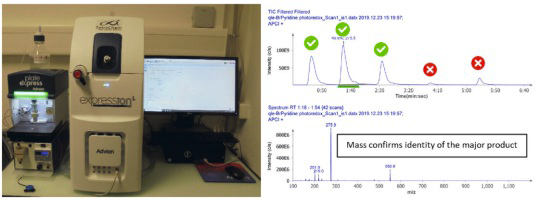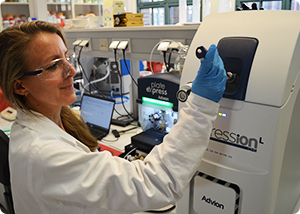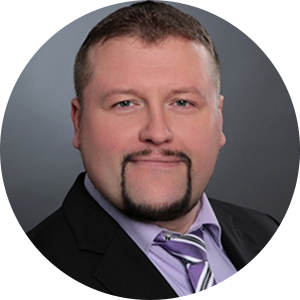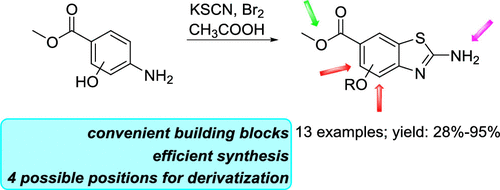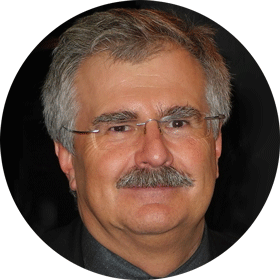Q: WHAT IS THE FOCUS OF YOUR LAB’S RESEARCH?
A: We are a Medicinal Chemistry laboratory with a major focus on kinase inhibitors. Within the last decade, we have developed highly potent and selective chemical probes such as Skepinone L, a specific p38 MAP kinase inhibitor suitable for in vivo use. Our strategies involve the reversible targeting of kinases via ATP-competitive type I or less competitive type II inhibitors as well as intermediate type 11/2 inhibitors. More recently, we turned towards covalent kinase targeting by addressing non-catalytic cysteines. This strategy furnished excellent probes for JNK3 and JAK3. For example, we developed FM-381, an extremely isoform-selective JAK3 inhibitor, which is now available as a high-quality probe from the Chemical Probes Portal and the chemical probes program of the Structural Genomics Consortium.
Q: WHAT WAS YOUR PREVIOUS WORK EXPERIENCE?
A: Since our work mainly relies on organic synthesis, we have an urgent need for accurate and rapid characterization of novel compounds. While our group owns two NMR spectrometers and several HPLC systems, mass spectrometry was usually done at a shared service unit, which caused additional costs and delays. Although we were also equipped with several LC-MS devices, these were routinely used for biological samples or metabolism studies, thus adapting the workflows for chemical samples was always tedious. Consequently, a more practical solution was required.
Q: WHY DID YOU INCORPORATE THE EXPRESSION CMS INTO YOUR LABORATORY?
A: As mentioned, mass spectrometry was one of the bottlenecks in our synthesis endeavors. The purchase of an LC-MS system exclusively for reaction monitoring and compound analysis would have been an option. However, especially when dealing with crude mixtures, LC-MS devices are typically quite vulnerable and require a lot of maintenance. Moreover, if you do not have a UPLC system, LC-MS runs are time-consuming, limiting the number of samples to a maximum of a few dozens a day, which is a serious problem with respect to the size of our group.
Therefore, Advion’s expression CMS in combination with the Plate Express™ TLC plate reader was the perfect solution for us. It is easy to use, quite robust, offers a high throughput, and is suitable for almost the entire mass range of our compounds. Needless to say, the device is especially suited for reaction monitoring and the rapid assignment of product fractions from column chromatography.
Q: TO WHOM WOULD YOU RECOMMEND THE EXPRESSION CMS?
A: The expression CMS/Plate Express™ couple can be recommended to Organic or Medicinal Chemistry groups in general since it seamlessly integrates into organic synthesis workflows. Due to the affordable pricing, it is also a great solution for chemists in academia. Especially laboratories with high turnover of masters students and research interns will appreciate the robustness of the system.

